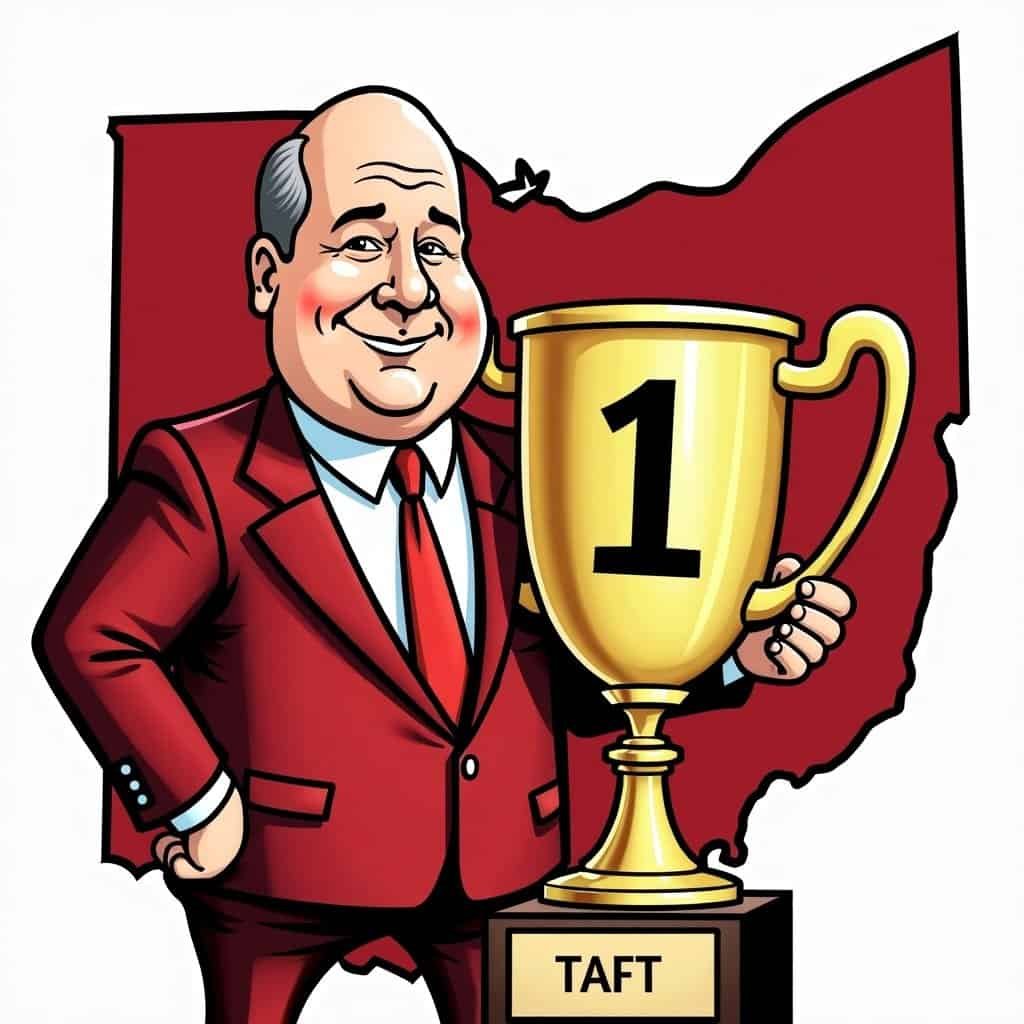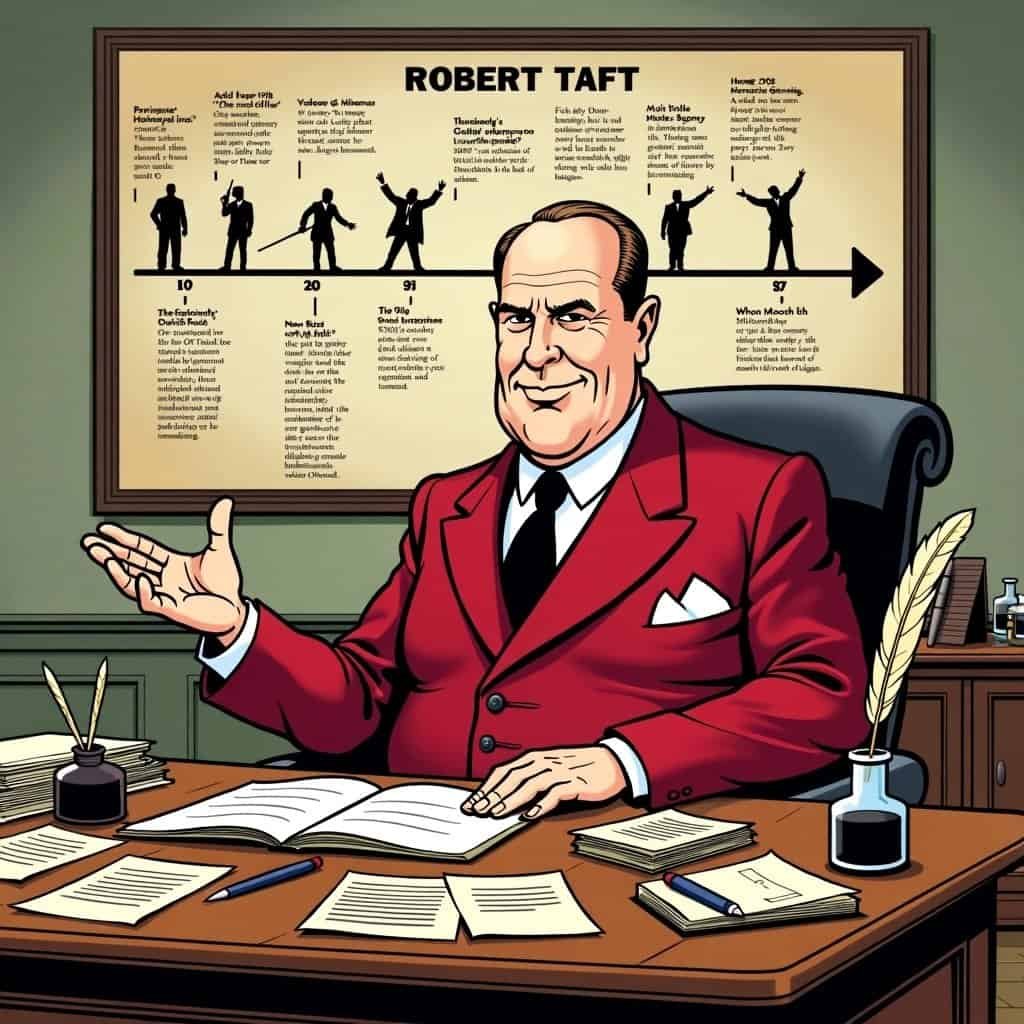Back in the day, when American politics was a bit less of a circus, there was this guy named Robert Taft. He was like the poster child for conservative values, always banging on about small government and personal freedom. One of his big things? He was all about keeping education decisions close to home.
We’ve all been through the school system, right? Remember those cafeteria lunches that left you guessing what exactly was on your plate? But let’s think bigger for a sec. Who’s calling the shots on what kids learn? That’s the question Taft was all fired up about. He thought local communities should be in charge, not some big-wig bureaucrats in Washington turning schools into cookie-cutter factories.
Picture this: Taft’s idea of education was like a homemade meal versus fast food. He figured the folks living in a place know what’s best for their kids. He’d look at those out-of-touch officials and think, “Bless your heart, but you don’t have a clue what my people need.”
The Case for Local Control in Education
While others were all gung-ho about the feds taking over education faster than you can say “standardized testing,” Taft was waving the flag for states and local governments to keep the reins. He made a pretty good point – what works in small-town Texas might not fly in the Big Apple. And let’s face it, who wouldn’t want a bit of local flavor in their learning? Maybe “Advanced Tractor Repair 101” for the farm kids?
The Problem with One-Size-Fits-All
Now, the liberals, bless their hearts, they were all about making everything the same everywhere. It’s like if one person picked all the music for a wedding. Sure, some folks might groove to the “Macarena” all night, but come on! Education needs variety, not a national playlist!
Taft’s Education Philosophy at a Glance
- ✅ Local control over curriculum
- ✅ Community-tailored education
- ✅ Less federal intervention
- ✅ Emphasis on local identity and needs
- ❌ One-size-fits-all approach
- ❌ Federal micromanagement
Taft’s push for local control in schools wasn’t just practical – it was a big deal philosophy-wise. It lined up perfectly with conservative ideas that less government meddling leads to more happiness. It’s like that saying “happy wife, happy life,” but swap ‘wife’ for ‘local school board.’
Beyond the Curriculum
Taft didn’t stop at what kids learn. He wanted communities to take charge, be proud of who they are, and create schools that really spoke to their own story and dreams. It was like he was pushing for education “buffet-style” – where towns could pick and choose what worked for their kids without Uncle Sam drowning everything in red tape sauce.
Wrapping It Up
So here’s to Robert Taft, the guy who fought for local control, saw education as a way to empower people, and reminded us all that when it comes to running schools, nobody does it better than the folks who actually live there!
Table of Contents
- The Case for Local Control in Education
- The Problem with One-Size-Fits-All
- Beyond the Curriculum
- Wrapping It Up






